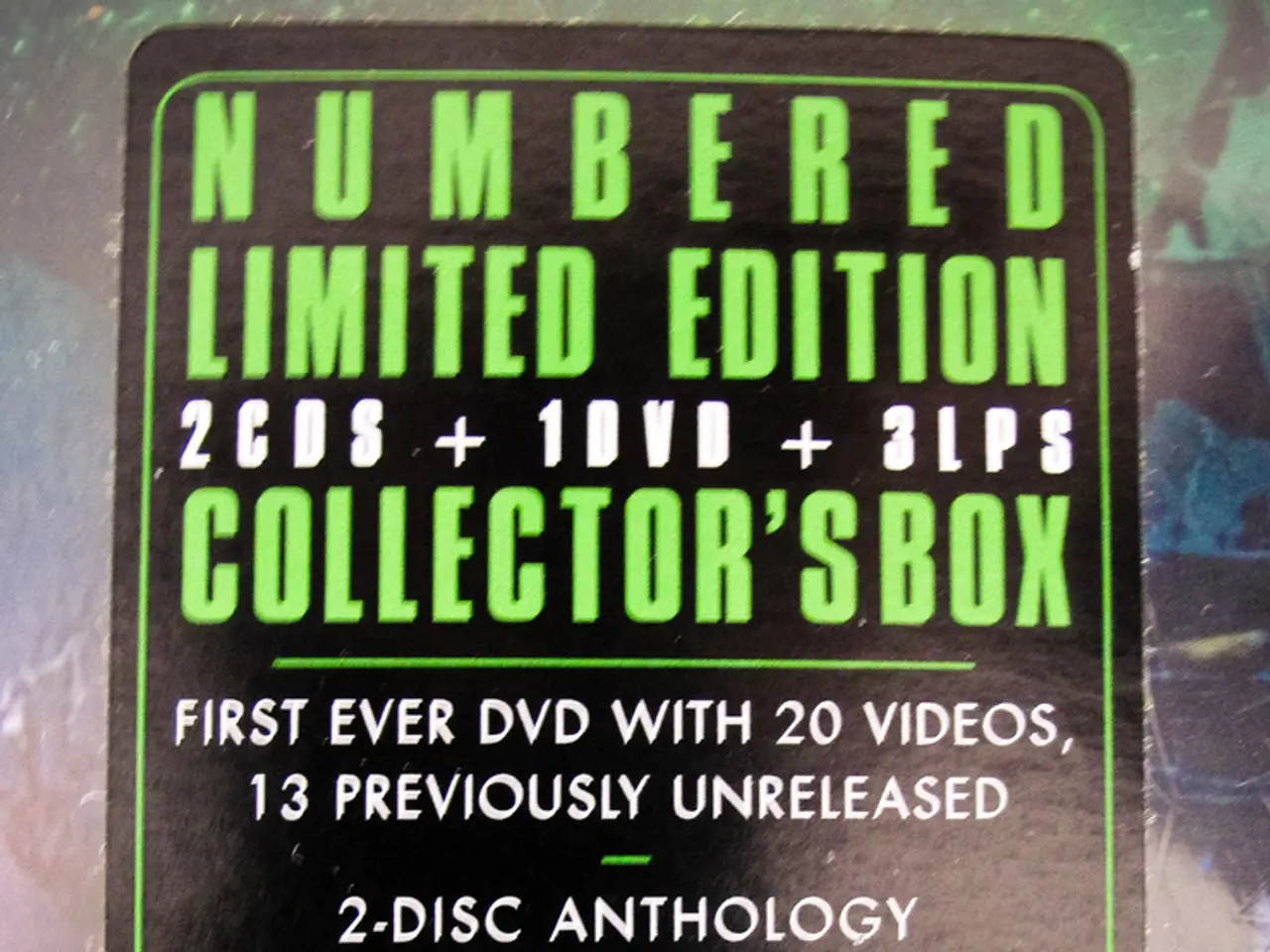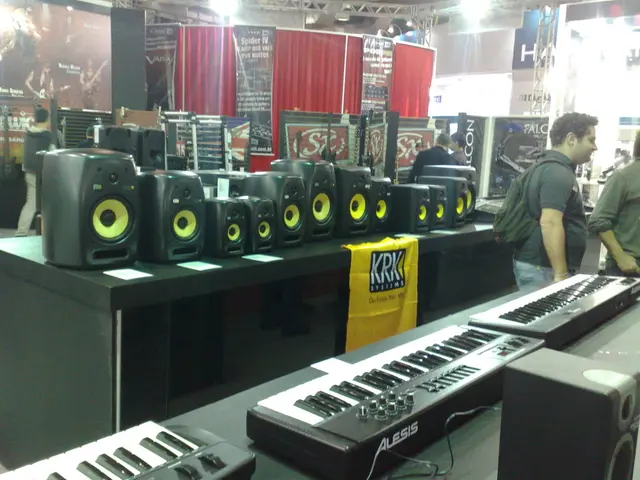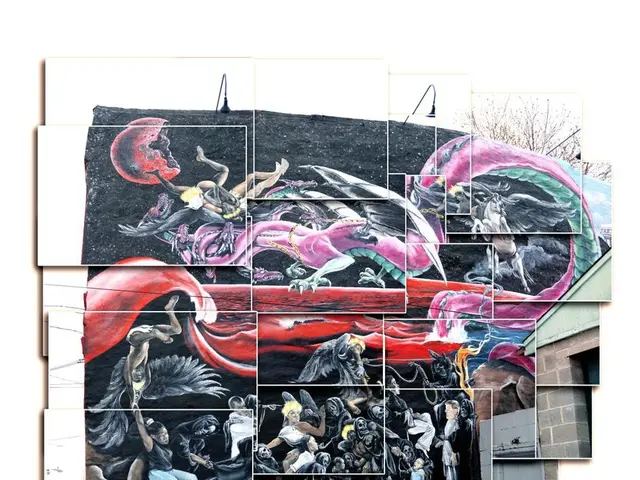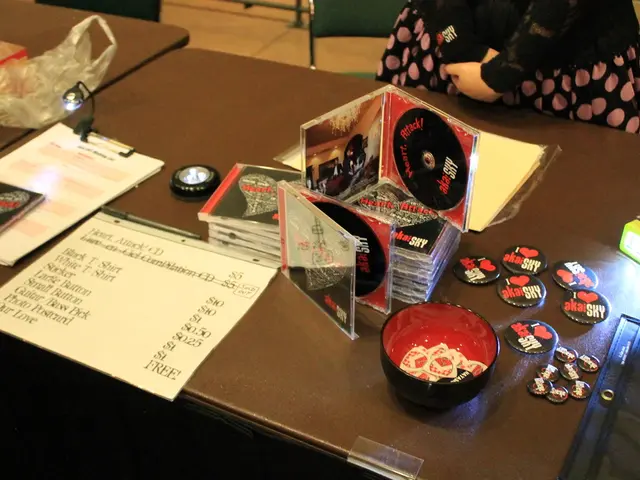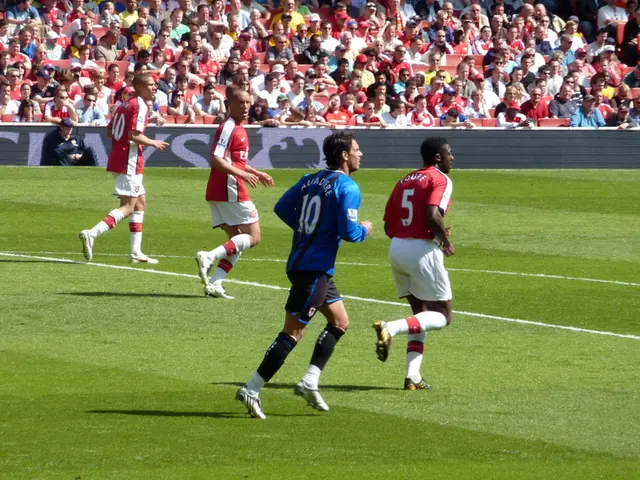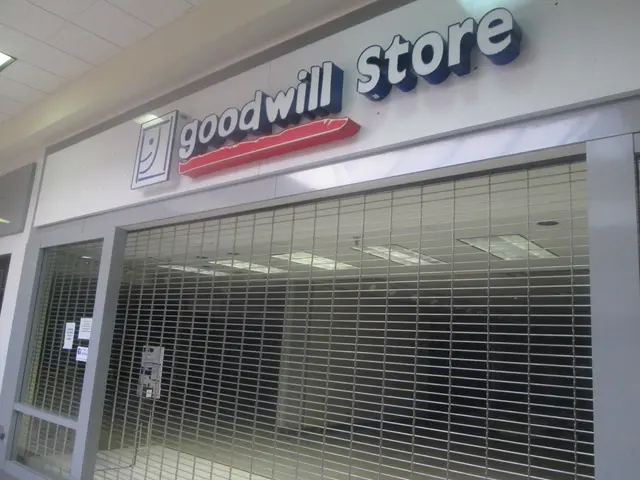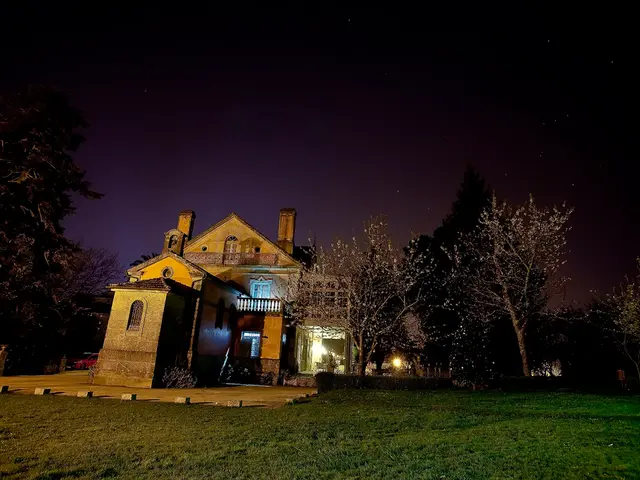Elon Musk's contest in crucial states, according to a judge, was not a lottery in nature.
In a series of legal developments, Elon Musk and his political action committee, America PAC, are facing a class-action lawsuit over a controversial $1 million daily giveaway program. The lawsuit, filed by an Arizona resident, accuses Musk of deceptive practices and running an illegal lottery, seeking at least $5 million in damages for petition signers across seven battleground states [1].
The giveaway, which was associated with Musk and America PAC, promised voters in key swing states a chance to win $1 million daily if they signed a petition supporting the US Constitution. Despite legal challenges, courts in states like Wisconsin have allowed the giveaway to proceed, with Musk's attorneys arguing that the payments are an exercise of free speech [2].
However, separate litigation alleges that America PAC failed to pay promised referral fees to petition signers in swing states. Claims have been made that promised payments of $47 or $100 per person were not fully honored [3].
As of early August 2025, the original class-action lawsuit over the $1 million giveaway is active in the US District Court for the Western District of Texas (Case No. 24-01346), with Musk's motion to dismiss pending and no final ruling reported [1]. Meanwhile, related legal challenges around payments to petition signers are ongoing [3].
Recently, a significant decision was made by Judge Angelo Foglietta of Philadelphia's Court of Common Pleas, who determined that Musk's program did not qualify as a lottery under Pennsylvania law. The plaintiff, who signed the petition believing she had a chance to win $1 million, argued fraud and breach of contract in the class-action lawsuit [4].
Judge Foglietta's written decision, published this week, stated that the campaign failed to meet any of the three criteria to qualify for a lottery under Pennsylvania law: a payment, a prize, and a random chance to win. The judge declined to halt the program at a hearing the day before the election [4].
The winners of the program were not chosen at random but carefully selected and received the $1 million as compensation for working with the PAC, not as a lottery prize. The plaintiff argues that she would not have signed or supported the America PAC petition if she knew she had no chance of receiving $1 million. The plaintiff also claims that her personal data was given as valuable consideration for a chance to receive the $1 million [4].
It's important to note that America PAC's petition does not provide any additional information about the planned use of data collected [5]. The program was challenged in court by Philadelphia DA Larry Krasner, who sued Musk and America PAC for running an illegal lottery [6].
The legal process surrounding this case is ongoing, with no conclusive court decision on dismissal as of August 2025 [1][3]. As the saga continues, the implications of these lawsuits could have far-reaching effects on political action committees and their fundraising practices.
[1] Associated Press. (2024, November 5). Elon Musk faces class-action lawsuit over $1 million giveaway. CNN Business. https://www.cnn.com/2024/11/05/tech/elon-musk-class-action-lawsuit-1-million-giveaway/index.html
[2] Associated Press. (2024, December 8). Wisconsin Supreme Court allows Musk to hand out $1 million checks to voters. CNN Business. https://www.cnn.com/2024/12/08/tech/wisconsin-supreme-court-elon-musk-1-million-checks/index.html
[3] Associated Press. (2025, February 15). New lawsuit alleges Elon Musk's America PAC failed to pay promised fees to petition signers. CNN Business. https://www.cnn.com/2025/02/15/tech/elon-musk-america-pac-lawsuit-fees/index.html
[4] Philadelphia Court of Common Pleas. (2025, July 15). Decision in the case of [Plaintiff's name] v. Elon Musk and America PAC. https://www.courts.phila.gov/opinions-decisions/civil_orders/2025/07/15/[Case_No.]
[5] Associated Press. (2024, November 10). Elon Musk's America PAC does not place any limitations on the use or sale of personal data it collects. CNN Business. https://www.cnn.com/2024/11/10/tech/elon-musk-america-pac-data-collection/index.html
[6] Associated Press. (2024, November 12). Philadelphia DA sues Elon Musk and his pro-Trump super PAC over $1 million giveaway. CNN Business. https://www.cnn.com/2024/11/12/politics/philadelphia-da-sues-elon-musk-america-pac-1-million-giveaway/index.html
- Elon Musk and his political action committee, America PAC, were accused of running an illegal lottery in a class-action lawsuit over a $1 million daily giveaway program, which promised voters a chance to win if they signed a petition supporting the US Constitution.
- A decision made by Judge Angelo Foglietta of Philadelphia's Court of Common Pleas determined that Musk's program did not qualify as a lottery under Pennsylvania law, as the payments were not random and were given as compensation for working with the PAC, not as a lottery prize.
- Despite the program not being considered a lottery under Pennsylvania law, the original class-action lawsuit over the $1 million giveaway is still active in the US District Court for the Western District of Texas, with Musk's motion to dismiss pending and no final ruling reported as of August 2025.
